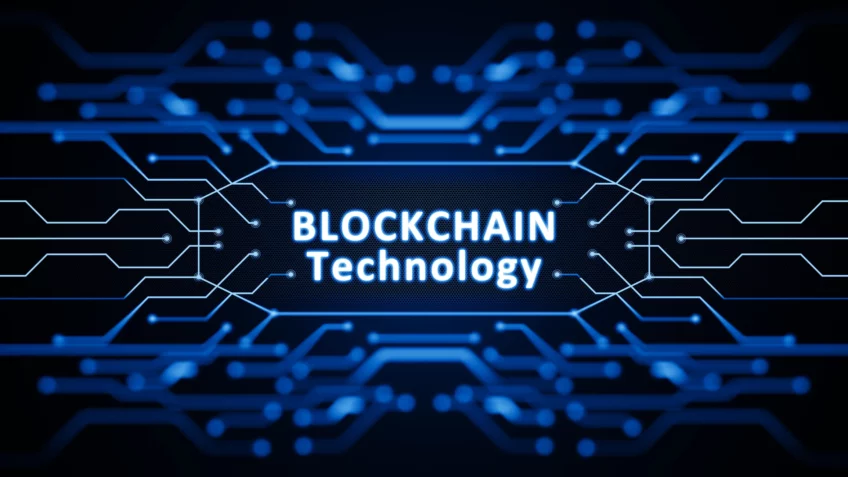Anyone dealing in real estate should be aware of the various types of real estate fraud that have occurred and changed over time. Mortgage fraud to sellers failing to provide complete transparency as needed by federal and state regulations are examples of fraud. Real estate transactions have long been a major target for the unscrupulous due to the massive amount of money involved and the number of vendors and individuals involved.
Real estate transactions are now easier and more convenient than ever before thanks to advances in technology. The digital era has made the entire process less burdensome, but it has not made it less vulnerable to fraud in many ways. Indeed, some would say that digital fraud in real estate is one of the industry's most serious issues.
However, one recent development has the potential to tackle fraud in a variety of ways. "Blockchain" may be a bit of a buzzword these days, but there is some reality to it. While blockchain is not a panacea for real estate fraud, certain implementations of the technology have the potential to add a layer of protection for buyers, sellers, and suppliers alike.
Different Types of Real Estate Fraud In The Digital Age
Most of us have grown so accustomed to our digital devices and conducting business online that we may become complacent when it comes to online fraud. Fraud in the real estate market can result in more than just lost data or inconvenience. It can result in the total loss of a property or the loss of tens of thousands, if not hundreds of thousands, of dollars.
The following are the most typical types of fraud:
- Property fraud occurs when the information or value of a property is misrepresented.
- Income concealment or misrepresentation.
- Identity fraud occurs when a buyer falsely represents their credit history or identity.
- Transaction fraud might include non-arms-length transactions or straw buyers.
- Occupancy fraud occurs when the secondary or principal occupancy of a property is misrepresented.
- Real estate debt fraud occurs when a prior foreclosure or extra real estate debt is not disclosed.
While these types of fraud are not new, they have been exacerbated and joined in the digital era by a range of online real estate fraud schemes. These include phishing and malware assaults, escrow fraud, and other types of fraud.
Phishing, in particular, has become an issue in the real estate industry. Phishing occurs when a hacker poses as a legitimate vendor in the real estate business. This all too often results in their acquiring access to personal information, which can lead to fraud and even illicit financial transfers. Before the activity is found, the data has been compromised, and the money has frequently been lost with no recourse.
Blockchain Understanding
Many real estate specialists believe that blockchain technology will be the key solution to real estate fraud in the digital era. In essence, blockchain technology is a decentralized ledger. The "blocks" hold the data, while the "chain" represents the network.
Each information-containing block comprises information about a transaction, who the participants are, and unique identifying codes. When a new transaction is made and verified by other users, a new block is added to the chain. Once confirmed, it is put in the block and assigned an identifying identifier known as a hash before being added to the chain.
To "cheat the system," a hacker would need to access every block along the chain, which would involve tens of thousands of computers. The aim of blockchain is to validate transactions within blocks, not to allow blocks to be modified. This ensures its security.
How Will Blockchain Help To Reduce Real Estate Fraud?
Because most of the information in real estate transactions is centralized, it can be easy to commit fraud. This data is decentralized using blockchain. Its distinct structure promotes openness while also enhancing security. The security that has made it a niche currency platform also makes it a fascinating real estate platform. It may even eliminate some of the pricey financial intermediaries along the road.
Blockchain, for example, can be used as a shared ledger to produce the various components of a mortgage. The data and documents involved in the mortgage are much safer because they are encrypted in the blockchain. The process can also be sped up. When those involved in a property transaction agree to permanently record the parts of that transaction in blockchain security, this collaboration creates a level of security that was not previously possible.
Blockchain has the potential to provide irrefutable real estate data origins, enhancing confidence among those involved. While blockchain is still in its infancy, it has found its way into a variety of applications and industries. Product genesis is documented and validated at every stage. It doesn't take long to see how much value and security this may add to the real estate process. Meanwhile, each step must be subjected to due diligence, and each transaction must be validated twice. Take email instructions at face value; they should be checked via personal or, at the very least, phone call verification.
Only time will tell how and when blockchain-based solutions will be applied across several industries. But one thing is certain: if this technology lives up to even a percent of the hype, its influence will be substantial, to say the least.

